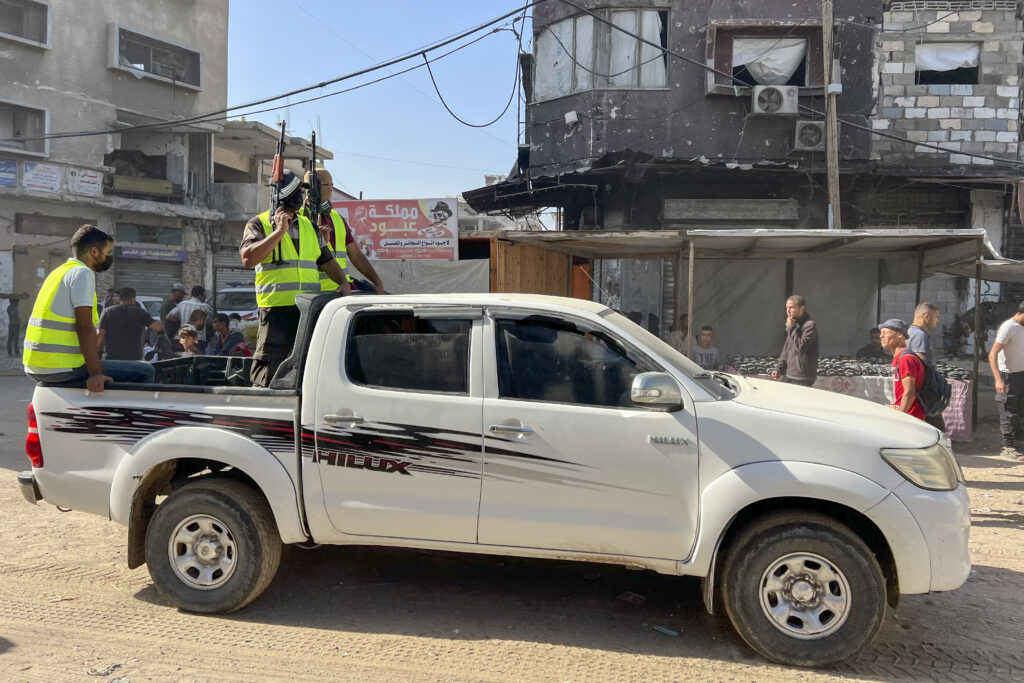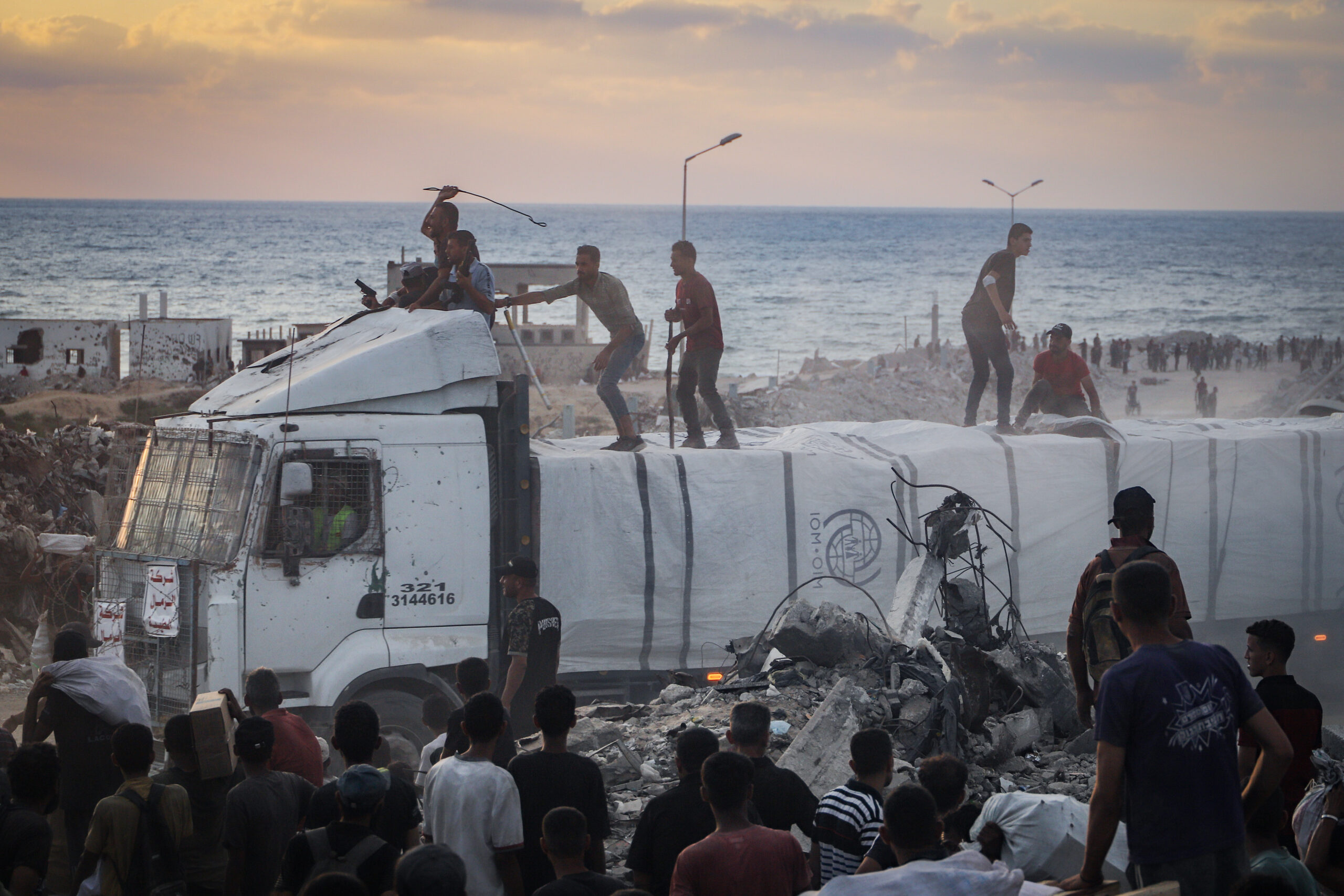For over two years, anti-Israel activists and international officials accused Israel of committing a “genocide by hunger,” deliberately starving Gaza’s population into submission. Social media filled with apocalyptic claims of “mass famine” and “a new Holocaust,” echoed by UN experts and pro-Hamas influencers alike.
But this week, those same agencies quietly admitted what Israel had been saying all along: there was no famine in Gaza.
When the October 2025 ceasefire took effect, the UN’s own agency for Palestinian refugees, UNRWA, announced it had “enough food to feed the entire population for three months.” Overnight, the central humanitarian accusation against Israel collapsed.
The Background: A War Hamas Started
Israel’s military operation in Gaza did not begin in a vacuum. It began after Hamas’s October 7th, 2023 terrorist attacks, when thousands of Hamas fighters stormed southern Israel, murdering 1,200 civilians, burning families alive, and taking more than 250 hostages. It was the deadliest day for Jews since the Holocaust.
In response, Israel launched a counteroffensive to dismantle Hamas’s terror infrastructure and rescue its hostages. From day one, the Israeli government insisted it would allow humanitarian aid to enter Gaza, even as Hamas embedded itself in hospitals, schools, and UN facilities.
Yet as Israel fought to eliminate a terrorist army, Hamas and its global allies launched a parallel war of information, accusing Israel of “starving” Gaza despite continuous aid deliveries coordinated through Israel, Egypt, and international agencies.

The Claim: “Genocide by Hunger”
Hamas officials and sympathetic activists quickly framed Israel’s war as “famine warfare.” UN press releases compared Gaza to Nazi death camps. Hashtags like #GazaHolocaust and #GenocideByHunger went viral, bolstered by influencer videos of staged suffering and recycled footage from other conflicts.
International media picked up the storyline uncritically, citing the UN’s Integrated Food Security Phase Classification (IPC), which warned that famine was “imminent.” What few noticed was that the IPC relied almost entirely on data supplied by Hamas-linked agencies, without independent verification.
By June 2024, the IPC’s own review committee had already walked back its prediction, acknowledging that “evidence does not indicate famine is occurring.” Yet the correction went largely ignored.
The Truth: Israel Kept Aid Flowing
An INSS investigation from July 2024 exposed the truth. The UN’s famine assessments ignored nearly 10,000 aid trucks that had already entered Gaza by land, sea, and air. Israel’s Coordination of Government Activities in the Territories (COGAT) recorded steady deliveries throughout the war, including more than 500 aid trucks in a single day carrying food, water, and medical supplies.
After the ceasefire was called, UNRWA confirmed it had “enough to provide food for the entire population for the coming three months.” As INSS researcher Tammy Caner put it, “UN reports knowingly created a distorted picture of the situation.”
Meanwhile, investigations by the American Jewish Committee (AJC) found that Hamas stole or resold up to 90% of all humanitarian aid entering Gaza, hoarding food for its fighters and enriching its black-market economy. The only people deliberately starved were Israeli hostages held underground by Hamas.
Footage from Ynet’s May 2025 report showed bustling markets and stocked stalls, with locals joking they were “tired of the menu.” Hardly the image of a starving population.
The Aftermath: Narrative Collapse
When Israel agreed to the U.S.-brokered ceasefire in October 2025, the “famine” narrative collapsed overnight. Markets reopened, convoys rolled in, and even UNRWA admitted Gaza had sufficient food reserves. The lie had run its course, but the damage to Israel’s image had already been done.
As X commentator Rich Toronto put it bluntly, “When some of your people die in a war you started, it’s not a Holocaust.”
The Takeaway
The Gaza famine story was not a humanitarian tragedy. It was a propaganda weapon. Hamas started the war on October 7th. Israel fought to defend itself and still kept Gaza fed. The only people Hamas succeeded in starving were its Israeli hostages.




